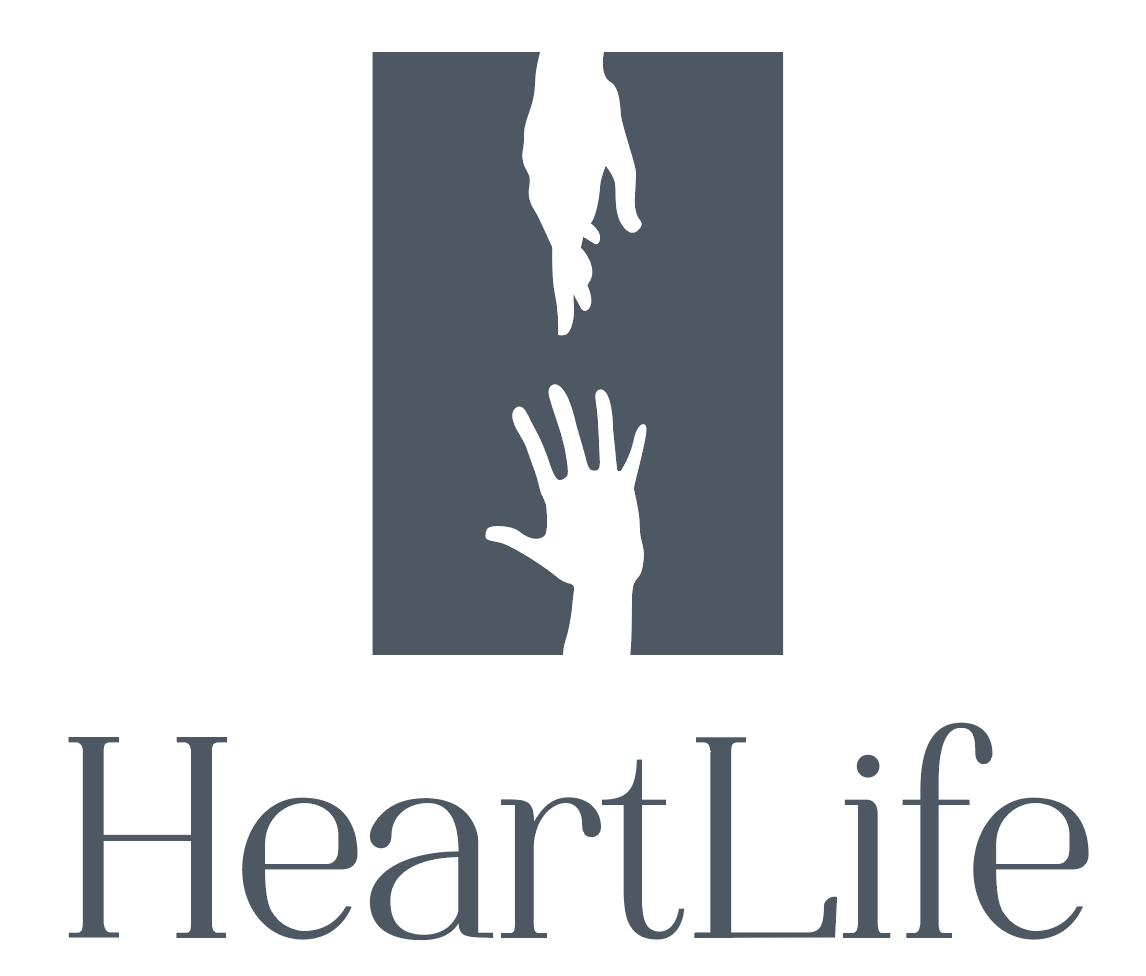Recognizing and Navigating Medical Trauma with Your Child
by Kelsey Harris, M.Ed., CCLS
Summertime! It’s the best and worst time of the year — no school, fewer responsibilities, all the free time. But all of that can also mean more accidents.
During my nearly 8 years working in a pediatric emergency room, I held my breath and hoped and prayed for the best from June through August. I could not have emotionally coped with the difficulty of those summers without relying heavily on The Word and God himself. I ran on prayers and adrenaline for the full three months because I just never knew what type of accident would come rolling in the door. I was prepared to face the trials of those summers.
In my time at the hospital, I helped care for children with all kinds of injuries, ailments, and most notable to me—fears. I would often hear people tell children to focus on “being brave,” during a medical experience, but without some fear involved, bravery cannot exist. Being anxious or nervous after or amid something scary is normal and appropriate, especially for children. What I was not as prepared to see was the beginning of what has come to be known as “medical trauma.”
One of the most empowering parts of working with children is witnessing their natural resilience; guiding them to this resilience is a beautiful way to show them the hope and love of Jesus.
"Consider it pure joy, my brothers and sisters, whenever you face trials of many kinds because you know that the testing of your faith produces perseverance. Let perseverance finish its work so that you may be mature and complete, not lacking anything."
James 1:2-4.
We know that leaning into our faith and the Lord means that we will face trials. Natural resilience is proof of God providing us with the blueprint to succeed in these trials. With Him, we can find ultimate healing—but we must fight through the hard times first. Medical trauma is one of those significantly hard times that prove how powerful He is and how perseverance and faith will get us through those trials. My faith in Him and His plan is what helped me persevere and help these children through situations they never should have been confronted with to begin with. My personal experience, as well as a plethora of research, shows that giving children the emotional freedom to be upset about something upsetting during a medical experience can do wonders to prevent medical traumas.
So, what is medical trauma??
Medical trauma is an emotional and physical response to pain, injury, serious illness, medical procedures, and scary treatment experiences. Not every medical experience has to lead to medical trauma — just because a child has a hard time in the moment does not mean they will have lasting trauma.
Accidents and injuries happen, no matter what steps you take to prevent them. And some accidents require medical intervention, so the last thing anyone wants after an accident is to deal with medical trauma. But the way we help children through their medical traumas is extremely important.
If you’re concerned your child may have experienced medical trauma, here are some things to look out for:
· Anxiety
· Intense reaction to doctors or any medical experiences
· Depression
· Digestive issues
· Emotional numbing or intensity
· Exaggerated startle response, hypervigilance
· Intrusive thoughts, memories, flashbacks, and nightmares
· Sleep disturbances (such as sleeping too much or too little)
Children can work through some of these things with their natural resilience; however, if these symptoms persist and impact daily functioning, a counselor could be hugely helpful in decreasing symptoms and developing coping skills to avoid re-traumatization at every doctor’s appointment. Children have great strength and internal skills to fight anxiety-provoking events — sometimes they just need a little bit of help getting there — just as Christ led his disciples.
“I have told you these things, so that in me you may have peace. In this world you will have trouble. But take heart! I have overcome the world.” John 16:33
Sin and brokenness in this world bring about difficulties and tragedies. We need to help children through traumatic experiences. Joy and strength observed on these beautiful children’s faces as they make the transition from, “I’m so scared” to “I can do this!” shows the beauty, peace and power of a child’s resilience when they’re given all the right tools and support.
Meet Kelsey Harris!
Kelsey Harris is passionate about helping clients find hope and healing through counseling. Her extensive training and experience in medical intervention, medical trauma, and anxiety in children and teens and her faith in God have helped her become the excellent counselor she is today.
Read more about Kelsey Harris by visiting her staff page below and find out how to schedule an appointment.



